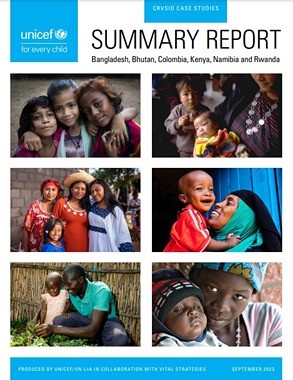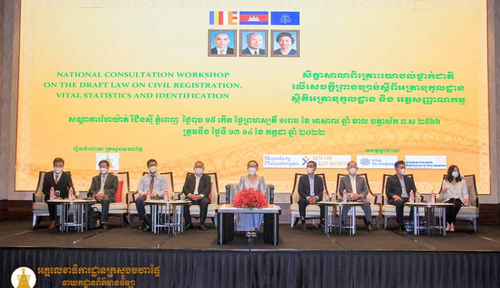The UN Legal Identity Agenda (UNLIA) actively promotes and assists member states in the initial management and integration of Civil Registration and Vital Statistics and National ID systems (CRVSID) systems.
On behalf of the UNLIA Taskforce, UNICEF has conducted detailed case studies on six countries: Bangladesh, Bhutan, Colombia, Kenya, Namibia, and Rwanda. The countries have successfully established or are in the process of establishing CRVSID systems. These studies explore key issues such as stock-building, the connections between civil registration and population databases, and the transition to steady-state systems.
The report compares progress, highlights best practices and lessons for governments and partners, and stresses the importance of South-South learning and sharing knowledge to help countries integrate CRVSID systems.
Click here for the report.












